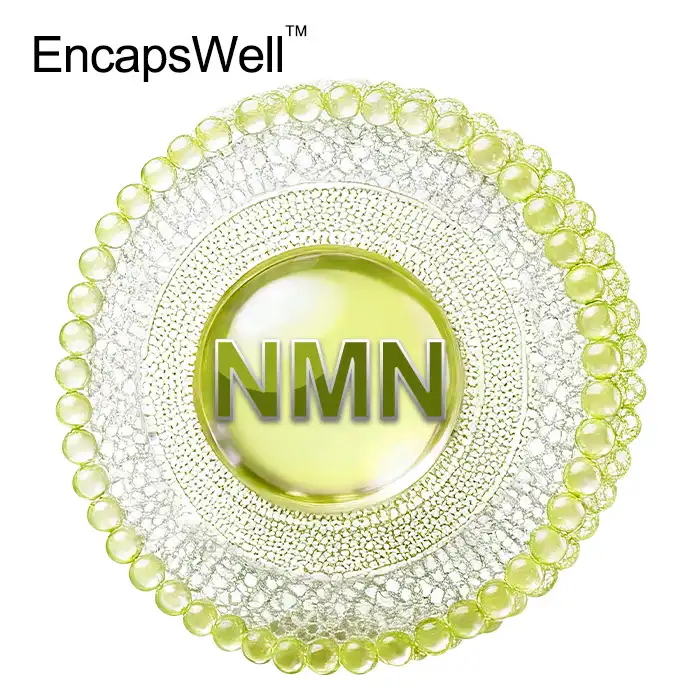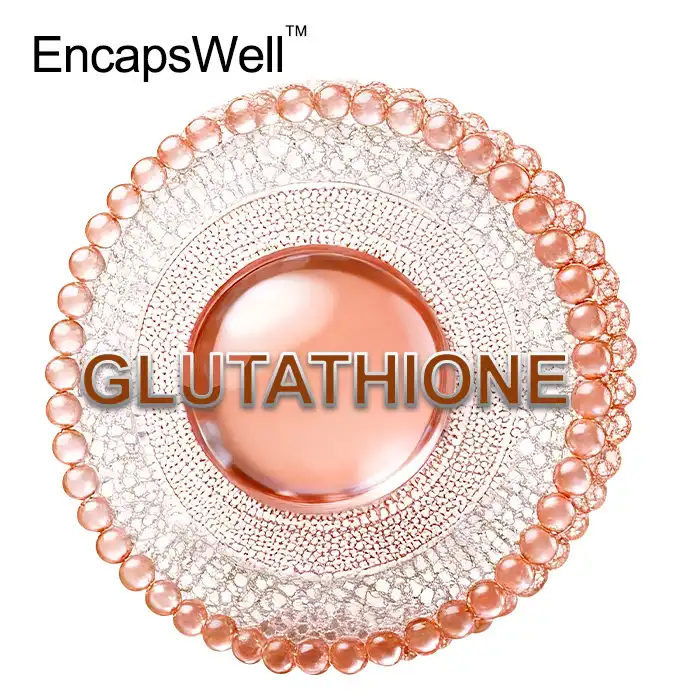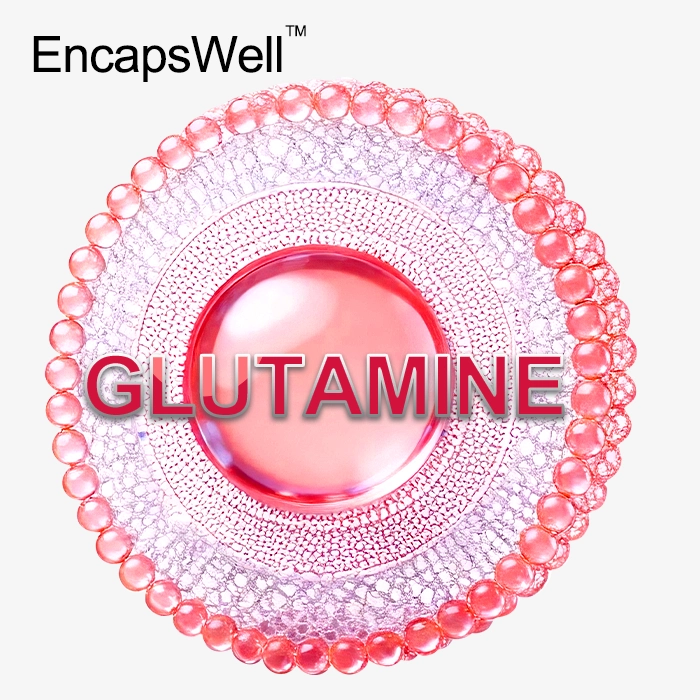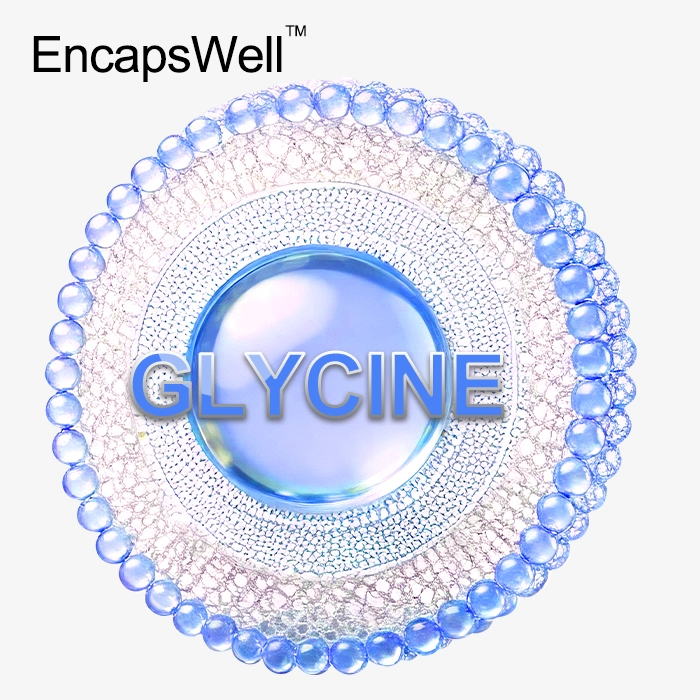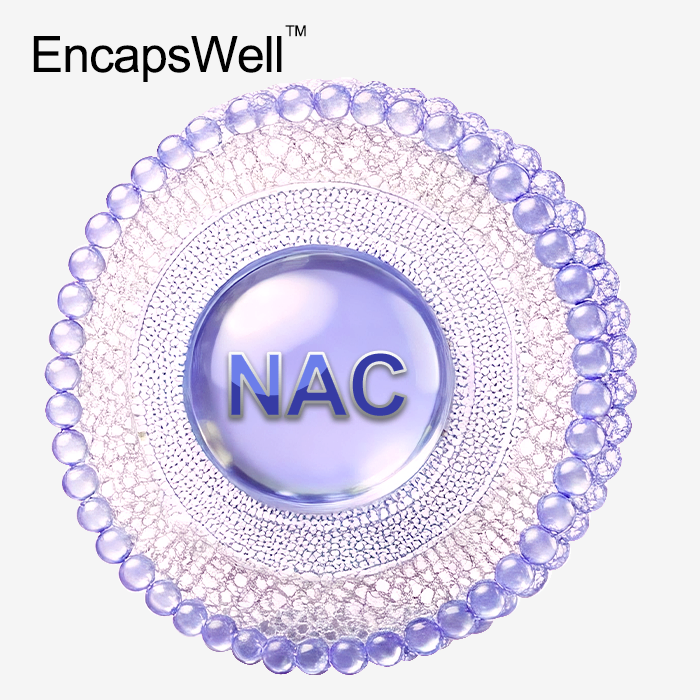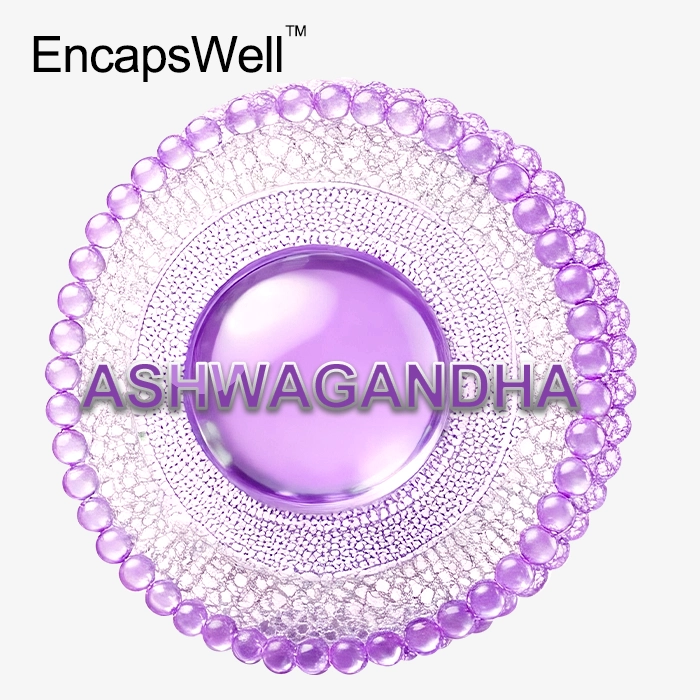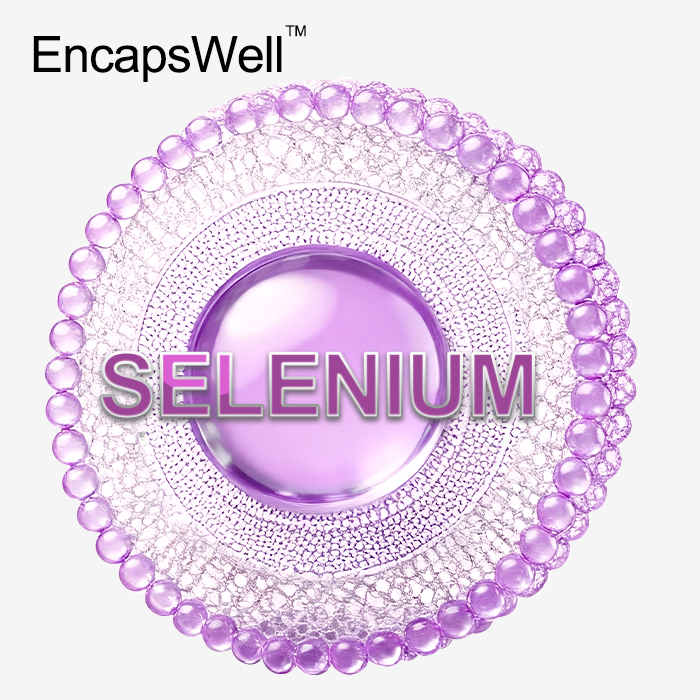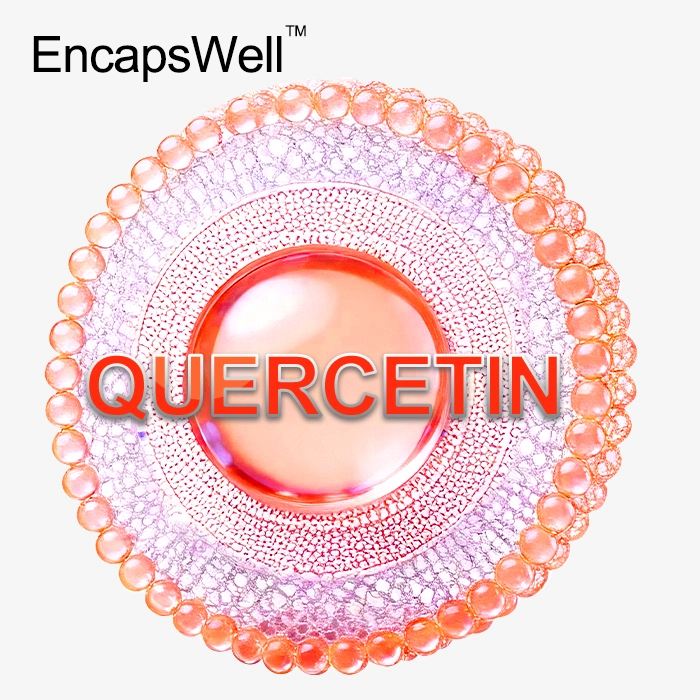Liposomal Vitamin C Powder: A Complete Anti-Oxidant Guide
A "complete" antioxidant goes beyond simple free-radical scavenging; it involves superior delivery, sustained action, and synergistic function within the body's defense systems. Liposomal vitamin C powder achieves this by revolutionizing how this fundamental nutrient works. Its core power lies in the liposomal encapsulation, which protects Vitamin C from digestive breakdown and ensures it is absorbed at a vastly higher rate. This allows a more potent dose to reach your cells directly. Once inside, it not only neutralizes harmful free radicals but also works to regenerate other critical antioxidants like Vitamin E. This guide will illuminate how this advanced form provides comprehensive, multi-faceted protection against the cellular damage that underlies aging and disease.
The Science of Oxidative Stress and Vitamin C's Role
At the forefront of our body's defense is Vitamin C, a master antioxidant whose effectiveness is critical for maintaining cellular health and integrity. A high-quality liposomal vitamin C supplement is designed to arm these defenses with maximum power.
The Cellular Battle: Understanding Free Radicals and Oxidative Stress
Every day, our cells are bombarded by unstable molecules called free radicals. These are generated as byproducts of normal metabolic processes, like converting food to energy, but their production is accelerated by external factors like pollution, UV sunlight, and psychological stress. Free radicals are volatile because they are missing an electron, and they aggressively try to steal one from a nearby stable molecule. This theft can damage vital cellular components, including DNA, proteins, and the fatty membranes that protect our cells. This cascade of damage is called oxidative stress, and over time, it compromises cell function and leads to premature aging.
Vitamin C: The Quintessential Electron Donor
Vitamin C is our body's primary water-soluble antioxidant. Its role in this cellular battle is that of a generous peacekeeper. It carries extra electrons that it can readily donate to volatile free radicals. By giving a free radical the electron it craves, Vitamin C neutralizes the threat, stopping the destructive chain reaction before it can cause widespread damage. This selfless act protects our cellular machinery from the inside out. It operates in the aqueous parts of our body, like the blood and the fluid inside and outside our cells, providing a first line of defense against a wide array of oxidative threats.
More Than a Lone Defender: Vitamin C's Role in the Antioxidant Network
Vitamin C's power is magnified by its role as a team player within the body's broader antioxidant network. It doesn't just neutralize threats on its own; it also helps recycle other key antioxidants. Its most famous partner is Vitamin E, a fat-soluble antioxidant that specializes in protecting cell membranes from damage. When Vitamin E neutralizes a free radical, it becomes inactive. Vitamin C can then step in and donate an electron to Vitamin E, regenerating it and returning it to its active, protective state. This synergistic relationship makes the body's total antioxidant defense system far more resilient and robust.
The Liposomal Advantage: Maximizing Antioxidant Potential
Liposomal technology providing a revolutionary delivery system that unlocks the full antioxidant potential of Vitamin C. This is why a liposomal vitamin C formulation represents a true leap forward in nutritional science.
The Bioavailability Barrier of Conventional Vitamin C
When you take a standard Vitamin C supplement, whether a tablet or simple powder, its journey through the body is inefficient. As a water-soluble vitamin, its absorption in the intestines is controlled by a limited number of specific protein transporters. These transporters can quickly become saturated, meaning that at higher doses, a large portion of the Vitamin C simply passes through your system unabsorbed and is excreted. This saturation point, known as "bowel tolerance," is also why high doses of conventional Vitamin C can cause digestive discomfort. This absorption bottleneck severely limits the amount of Vitamin C that can actually get into your bloodstream and to your cells.
How Liposomal Encapsulation Unlocks Higher Absorption?
Liposomal technology provides an ingenious workaround to this biological limitation. A liposome is a microscopic, hollow sphere made from phospholipids - the very same materials that form your own cell membranes. Liposomal vitamin C powder contains Vitamin C that has been encapsulated within these spheres. This lipid bubble protects the Vitamin C from being broken down by stomach acid. More importantly, when it reaches the intestines, it doesn't need to rely on the saturated vitamin transporters. Its phospholipid structure allows it to be absorbed directly through the intestinal wall and into the bloodstream, resulting in dramatically higher bioavailability - often cited as being 3-5 times greater than standard forms.
Sustained Release for Lasting Protection
Another profound benefit of liposomal delivery is its impact on how Vitamin C circulates in the body. Conventional supplements can cause a rapid spike in blood plasma levels, which then falls off just as quickly. This provides only a short window of enhanced antioxidant protection. Liposomes, on the other hand, act as a reservoir, releasing their Vitamin C payload more gradually over time. This creates a more stable and sustained elevation of Vitamin C levels in the blood. For managing the constant, low-grade threat of oxidative stress, this lasting protection is far more effective than a brief, transient peak.
Formulating with Liposomal Vitamin C Powder for a Competitive Edge
Liposomal vitamin C powder providing a powerful tool for developing next-generation antioxidant and immune-support formulas. Its superior performance and versatility position it as a must-have for any brand aiming to lead in the wellness space.
The Versatility of Powder for Modern Supplement Formats
The stable powder format of liposomal Vitamin C offers unparalleled flexibility for product development. Unlike some liquid preparations that may require preservatives or have a shorter shelf life, a powder is inherently stable and easy to work with. It is perfectly suited for creating high-demand delivery systems such as two-piece capsules, convenient single-serving sachets, or functional beverage mixes. Brands can create clean-label products free from unwanted solvents or alcohol, appealing to health-conscious consumers and simplifying the manufacturing process.
Creating Synergistic Antioxidant Blends
While a powerful standalone ingredient, liposomal Vitamin C truly excels when used in synergistic combination formulas. Its antioxidant capabilities are amplified when paired with other key nutrients. For a master antioxidant blend, it can be combined with liposomal glutathione to support the body's primary detoxification pathways. For enhanced immune support, pairing it with zinc provides a two-pronged approach to immune cell function. The non-acidic, gentle nature of liposomal C ensures it is compatible with a wide range of ingredients, allowing formulators to create sophisticated, multi-action products that offer comprehensive health benefits.
Meeting Consumer Demand for Science and Purity
The modern consumer is a savvy researcher. They are drawn to brands that demonstrate a commitment to science and transparency. The very term "liposomal" signals a higher level of efficacy and technological advancement. By using a high-quality liposomal vitamin C powder, brands can deliver on the promise of superior bioavailability. This trust is further solidified by sourcing ingredients from cGMP-certified facilities and opting for clean formulations, such as those using sunflower lecithin to be soy-free, non-GMO, and vegan. This commitment to quality is the foundation of a trusted and successful brand.

Conclusion
In the fight against cellular aging and damage, a complete antioxidant strategy is essential. liposomal vitamin C supplement provides exactly that. It addresses the fundamental challenge of nutrient delivery, using advanced liposomal technology to ensure this vital antioxidant is absorbed and utilized with maximum efficiency. By providing a potent, sustained dose directly to the cells, it not only neutralizes immediate free radical threats but also bolsters the body's entire antioxidant network. For innovative supplement brands, it is a cornerstone ingredient for creating truly effective products that resonate with the needs of a health-literate world.
FAQs
Is liposomal Vitamin C better than high-dose IV Vitamin C?
IV Vitamin C delivers 100% bioavailability directly into the bloodstream but is an invasive, costly procedure reserved for clinical settings. For daily supplementation, liposomal Vitamin C represents the pinnacle of oral delivery. It provides dramatically higher absorption and cellular uptake than any other oral form, making it the most effective and convenient option for maintaining high levels of this antioxidant without medical intervention.
Does the "liposomal" part add any health benefits itself?
Yes, it does. The phospholipids that create the liposome are typically derived from sources like sunflower lecithin. These lipids are essential building blocks for every cell membrane in your body. They play a vital role in maintaining cellular structure and function, and have been shown to support brain and liver health. So, you are getting the benefit of both the Vitamin C and these healthy fats.
Why choose a powder form over a liquid?
Liposomal powders offer superior stability and a longer shelf life compared to many liquid preparations. They are also free from the alcohol or solvents sometimes used to create liquid emulsions. For formulators, a powder is incredibly versatile, easily incorporated into capsules, sachets, or custom drink mixes without the taste and preservation challenges that can come with liquids.
Harness Antioxidant Power with Liposomal Vitamin C Powder | EmerWell
Elevate your product line with the market's most advanced antioxidant solutions. As a premier liposomal vitamin C powder supplier and manufacturer, EmerWell leverages its proprietary EncapsWell™ platform to deliver unmatched bioavailability and stability. Our cGMP-certified factory and PhD-led team are ready to partner with you on custom OEM/ODM formulations. Innovate with confidence and precision. To begin your project, contact our experts at: info@emerwell-bio.com.
References
Pullar, J. M., Carr, A. C., & Vissers, M. C. (2017). The Roles of Vitamin C in Skin Health. Nutrients, 9(8), 866.
Davis, J. L., Paris, H. L., Beals, J. W., Binns, S. E., Giordano, G. R., Scalzo, R. L., Schweder, M. M., Blair, E., & Bell, C. (2016). Liposomal-encapsulated Ascorbic Acid: Influence on Vitamin C Bioavailability and Capacity to Protect Against Ischemia–Reperfusion Injury. Nutrition and Metabolic Insights, 9, 25–30.
Traber, M. G., & Stevens, J. F. (2011). Vitamins C and E: beneficial effects from a mechanistic perspective. Free Radical Biology and Medicine, 51(5), 1000–1013.
Lobo, V., Patil, A., Phatak, A., & Chandra, N. (2010). Free radicals, antioxidants and functional foods: Impact on human health. Pharmacognosy Reviews, 4(8), 118–126.
Carr, A. C., & Maggini, S. (2017). Vitamin C and Immune Function. Nutrients, 9(11), 1211.
Janero, D. R. (1991). The role of vitamin E as a cellular antioxidant. Journal of Applied Cardiology, 6(3-4), 215-227.
Have a project in mind? Tell us your goals — we’ll help you make it real.

